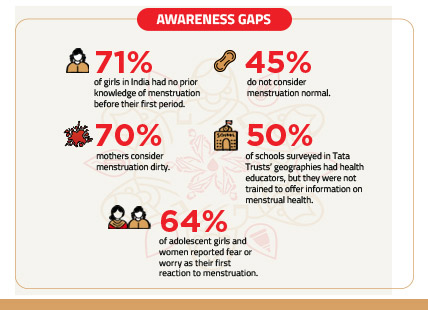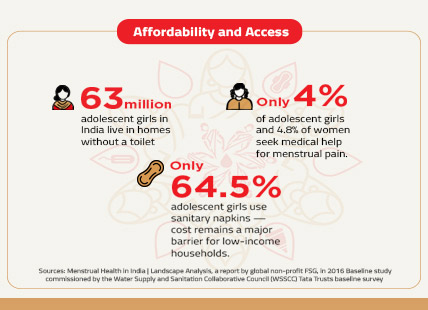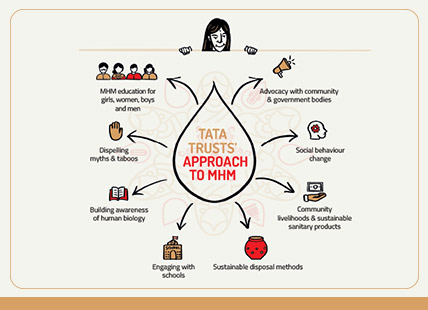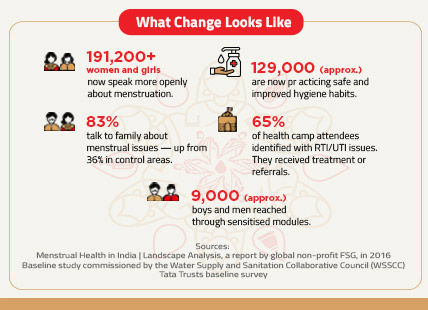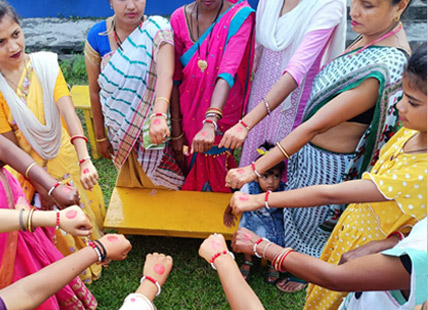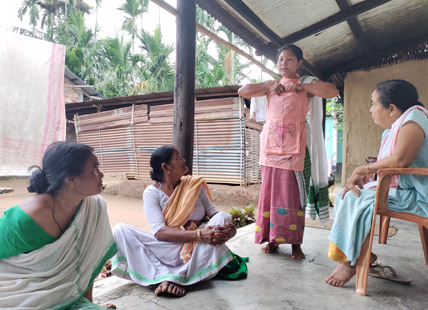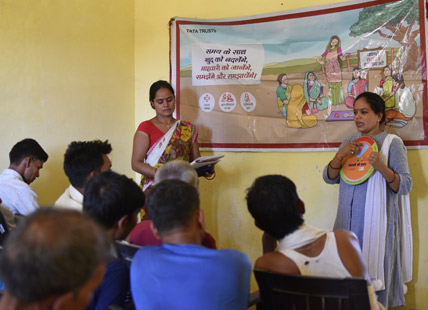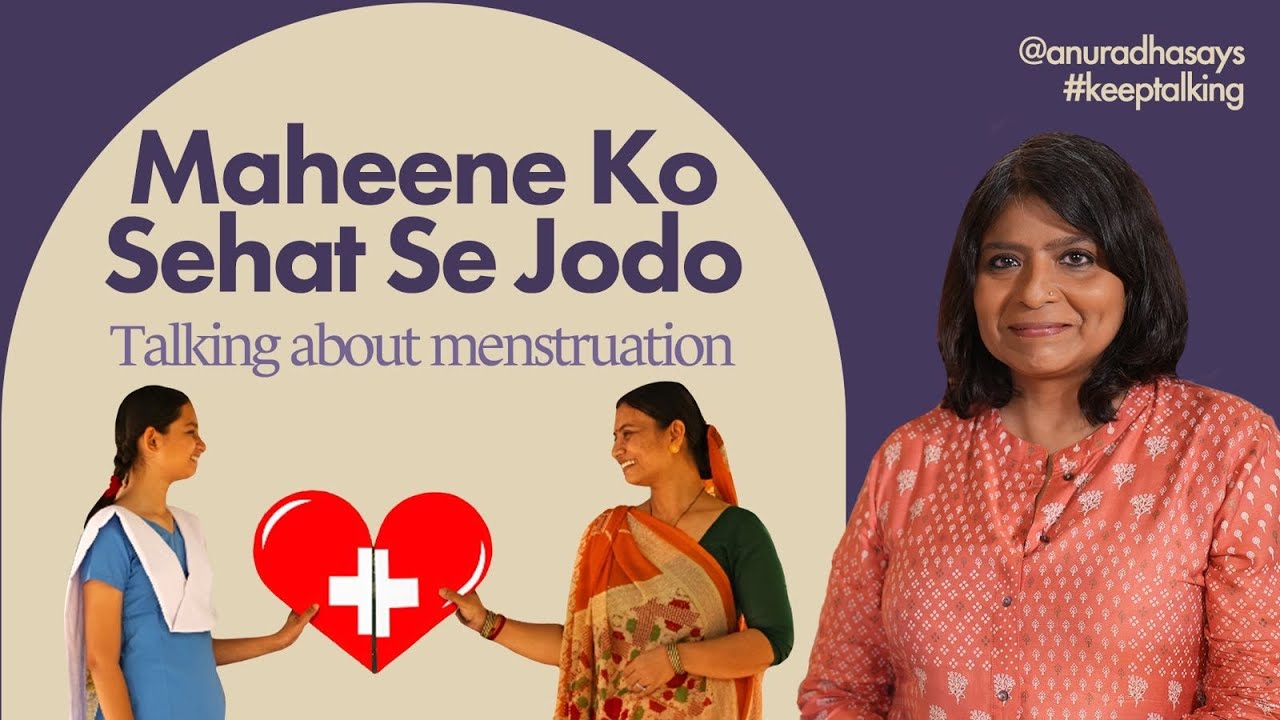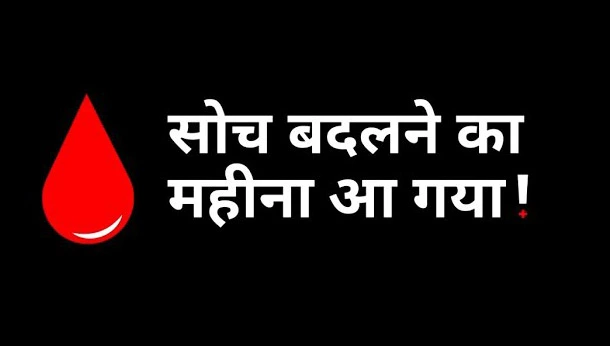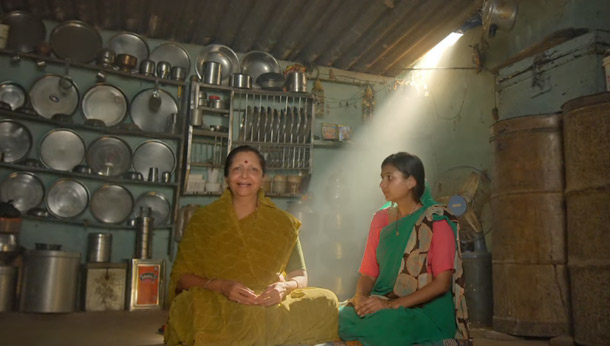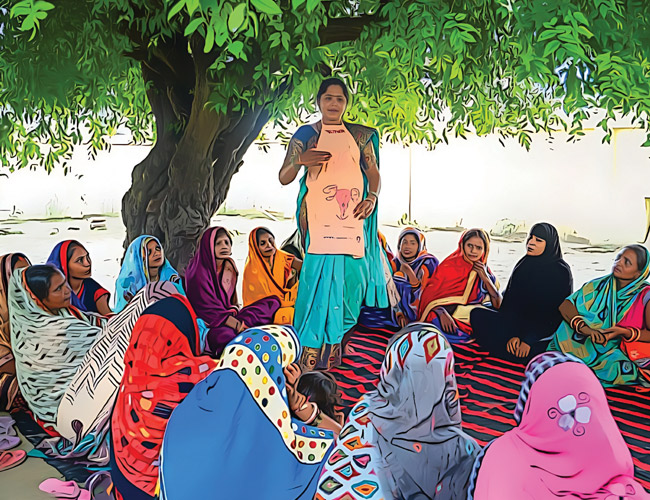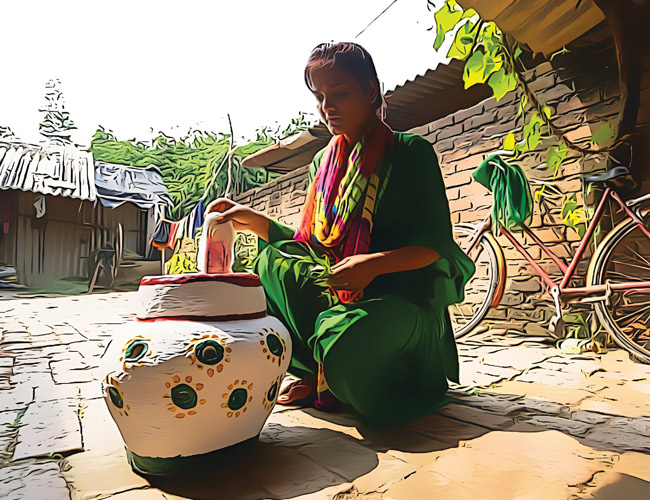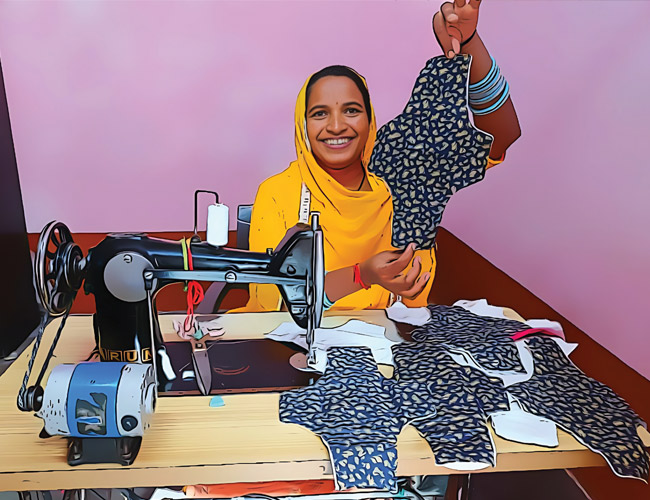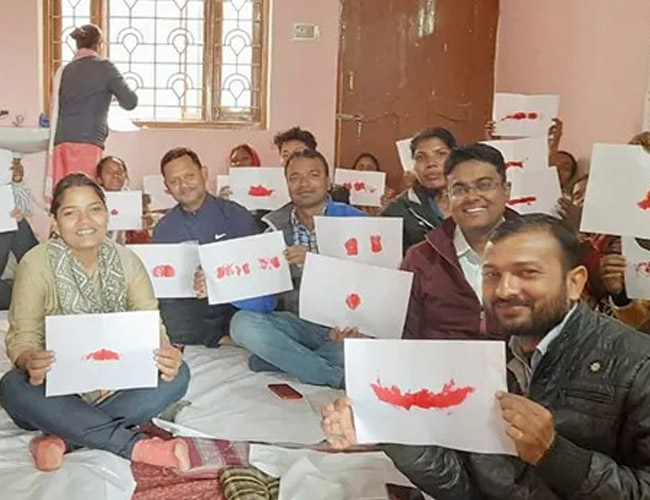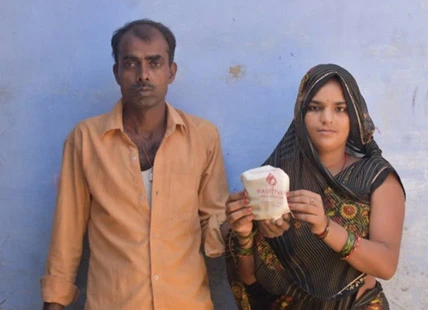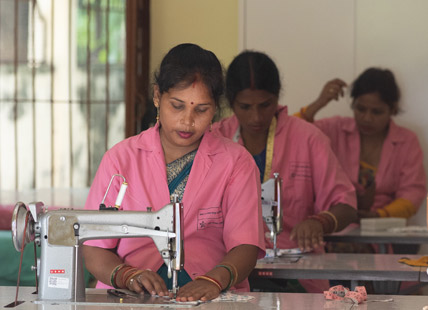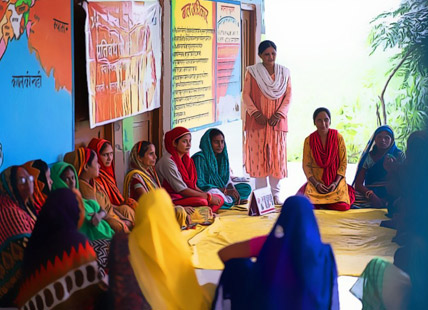#MaheeneKoSehatSeJodo
Menstruation is normal. So is the right to health and dignity.
World Menstrual Hygiene Day, globally observed on May 28, is more than just a date. It’s a movement. A movement to break the silence, dismantle taboos, and advocate for menstrual health and hygiene as a fundamental human right. A movement to create a world where menstruation is no longer a barrier to health, education, and dignity.
Across developing nations, especially in India, the simple biological process of menstruation continues to be treated as anything but simple. What should be an ordinary, healthy sign of a functioning body remains entangled in taboos, misinformation, shame, and silence. For many of the 336 million menstruating women and girls in India*, the lack of accurate information, hygienic products, and supportive environments turns a natural process into a source of anxiety.
The consequence? Dignity becomes conditional. Health, compromised.
On this World Menstrual Hygiene Day, let’s shift the conversation — from seeing periods as a problem to be managed, to recognising them as a vital sign: a marker of overall health and well-being.
Tata Trusts, through its Water, Sanitation and Hygiene (WaSH) initiatives, approaches menstrual health not as a standalone issue but as part of a broader effort to drive social and behavioural change.
*Source: NFHS 2015-16
Tata Trusts’ Approach to Menstrual Health and Hygiene Management
At the heart of our approach is the EPIC model, a holistic framework: encouraging equitable gender norms through behavioural change, promoting social entrepreneurship, inculcating safe and hygienic habits, and creating awareness and responsible disposal.
The Tata Trusts have been actively sensitising women and adolescent girls by promoting awareness around a ‘basket of choice’—offering multiple menstrual products such as reusable pads, single-use options, and menstrual cups—while placing women’s health at the core of the programme. Additionally, boys and men in schools and communities are engaged to break the silence and stigma surrounding menstruation, fostering more inclusive dialogue.
This community-led model has reached thousands of women, girls, and families across rural India, reframing menstruation not merely as a hygiene concern but as a critical indicator of overall health. When addressed holistically, menstruation becomes a gateway to timely healthcare, improved reproductive wellbeing, and often the first signal of underlying health conditions.
Menstruation: The Fifth Vital Sign to Health
Medical professionals now consider menstruation the “fifth vital sign," alongside temperature, blood pressure, heart rate, and respiratory rate. The regularity, duration, and symptoms can offer early insights into a person’s hormonal balance, nutritional deficiencies, and even chronic conditions. Irregular periods, excessive pain, or unusually heavy bleeding may indicate deeper issues like polycystic ovary syndrome (PCOS), endometriosis, thyroid dysfunction, or autoimmune disorders, often before other regular symptoms surface.
Nutritional deficiencies, particularly in iron, vitamin D, and B vitamins, can cause fatigue, irregular cycles, or prolonged bleeding. Conditions like anaemia are common among menstruators with untreated heavy flow, impacting energy, immunity, and long-term health. Menstrual pain, too often dismissed, can impair daily functioning and mask more serious conditions when left unaddressed. All in all, good menstrual health is tightly linked to broader wellbeing.
Therefore, tracking one’s cycle through mobile/web apps or simple journals or calendar can help menstruators detect patterns and signal early signs of health issues. As women enter perimenopause, menstrual shifts may reflect normal transitions or signal issues that require attention. In either case, recognising menstruation as a key health indicator, not a taboo, is essential to achieving gender-equitable, responsive healthcare.
#MaheeneKoSehatSeJodo - A behaviour change campaign to reframe menstruation
‘Maheene Ko Sehat Se Jodo’, Tata Trusts’ latest Social & Behavioural Change Communication campaign which comprises six open-source films, a tool kit and other collaterals, aims to enable communities to shift the perspective on menstruation—from just an indicator of fertility to a vital symbol of health. This campaign aims to break taboos, raise awareness, and promote menstrual health as an essential part of a woman's life.
We look forward to the campaign being used to spark conversations and drive lasting change, in schools, community sessions, or healthcare settings, by educators, health workers, NGOs, and anyone working to create safer, healthier spaces for menstruators.
#MaheeneKoSehat SeJodo
Tata Trusts’ Perspective and Progress
Stories from the field
Quick links
Understanding the Cycle - Deepshikha Goel & Shilpi Ghosh of Tata Trusts unpack the impact of their ‘Maheena Aa Gaya’ campaign [Published on 14 July, 2025 on IMPACT]
Tata Trusts Rewrites Period Narratives with Bold New Menstruation Campaign: Reframes Periods as a Sign of Health, Not Fertility [Press release]
How menstrual hygiene issues and period stigmakeep schoolgirls out of classrooms in India [Published on 29 May, 2025 on The Hindu]
Social media campaign urges India to view menstruation as a sign of health [Published on 29 May, 2025 on The Times of India]
Baseline Assessment: Menstrual Health & Hygiene Management Programme
Download the full report for a deeper look into the work, impact, and insights from the field on Tata Trusts’ menstrual health and hygiene interventions.
